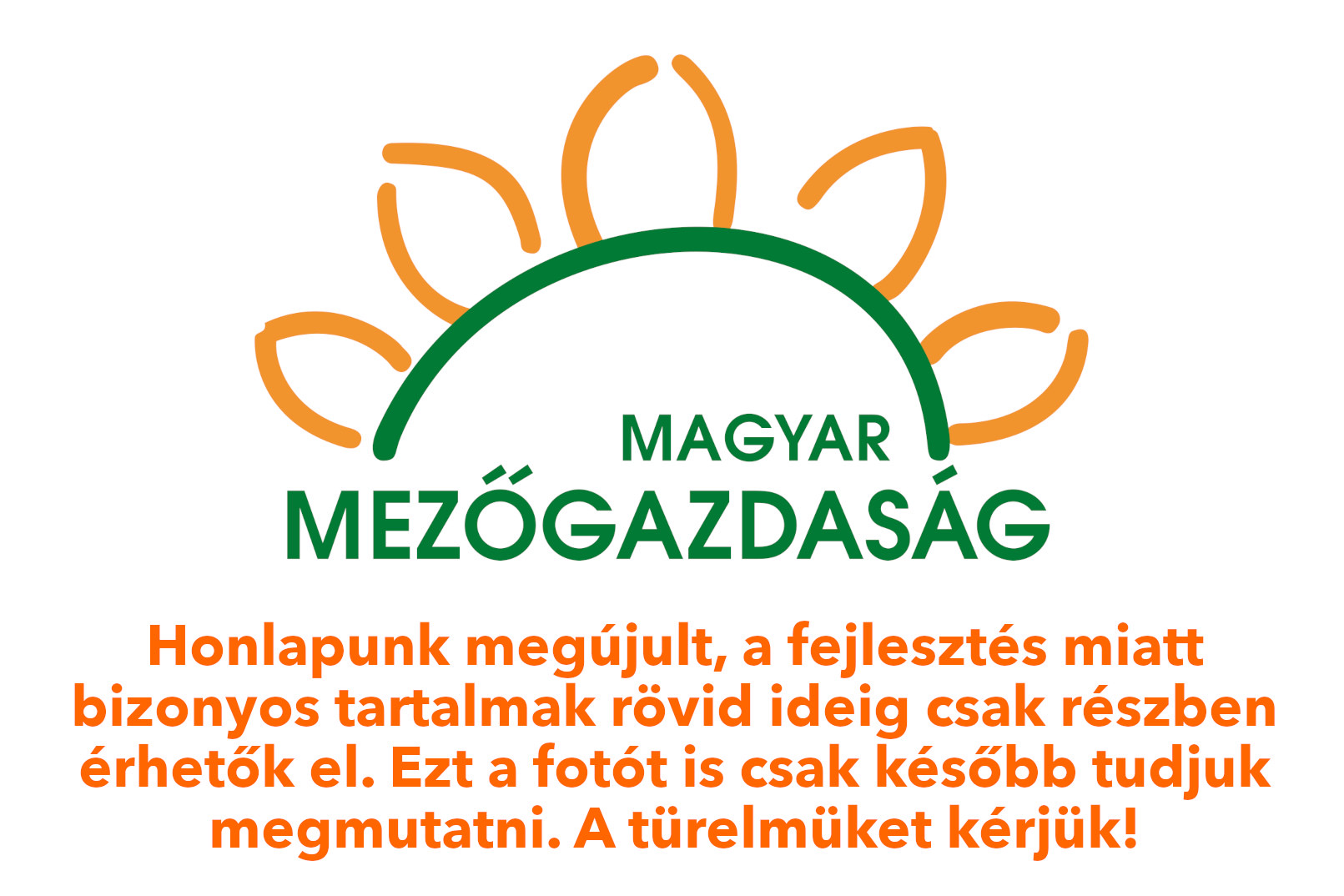The Hungarian Museum of Natural Sciences (MTM) is holding a family day on the occasion of the 5th Pollinator’s Day series of events on March 11; As part of the program, families with young children are welcomed to the venue with, among other things, educational programmes, a concert, honey tastings and craft activities.
At the press event on Monday in Budapest Zsolt Bernert, the Director General of the Hungarian Museum of Natural Sciences specified that it is an important task for ecologists to draw intense attention to the protection of insects, since their role is very important from an ecological point of view. Moreover, in his narrow living environment, everyone can find the activity that can promote insect protection – added the general director of the museum.
In five years, Pollinator’s Day has become a national and even cross-border campaign, to which many cities and cultural institutions have joined – noted Zsolt Bernert.
On the occasion of Pollinators Day, the Hungarian Museum of Natural Sciences organizes a family day on March 11, the Saturday closest to the famous Nature Conservation Day. From 10 am a concert of the Csurgó Orchestra awaits interested children, and from 11 am a guided tour of Tehetzs měh more! – In the museum’s temporary exhibition Hum Zoltan FezUnder the leadership of the MTM Membrane Collection’s Chief Museum Scholar. Tamas Vasarheli The biologist, one of the founders of Pollinators Day, will hold a presentation lecture in the Andor Semsey Auditorium from 1 p.m.
During the Saturday programmes, there will be an interactive session entitled “Pollinators the Wandering Road”, Make a shelter from insects! And with the title, they organize a craft session for the kids. On Family Day, there will be a honey tasting booth, an informational booth introducing insects, and Bug Friendly Tips – Practical tips for creating an insect-friendly window box, porch, front yard, and garden.
The Pollinator Day (March 10) series of events was created in 2018 as an initiative supported by experts and NGOs.
It has now developed into a national event, organizing local museums, libraries, kindergartens, schools, higher education institutions, municipalities, and national parks, among others.












































